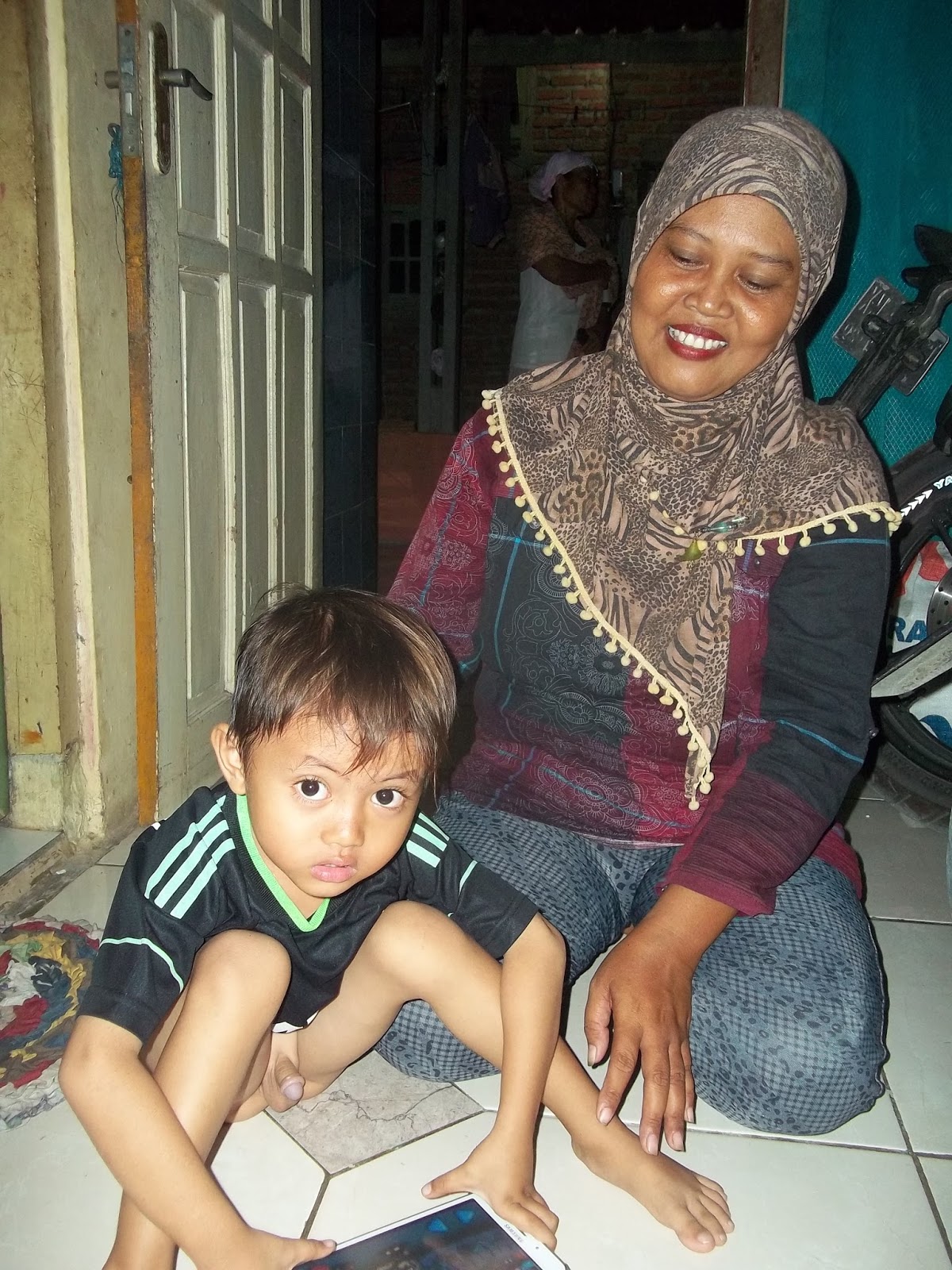In the vast tapestry of religious beliefs worldwide, the Bahá’í Faith invites followers to introspectively examine the essence of human experience through the lens of divine revelations. One of the intriguing teachings within this framework encompasses circumcision, inspired by the narrative of Abraham—a figure revered across multiple theological domains. This rite, often perceived merely as a cultural or religious obligation, transcends its physical act to unveil profound spiritual significance and universal lessons about sacrifice and divine covenant.
To embark upon this exploration, one must first acknowledge the historical and cultural dimensions surrounding circumcision. Esteemed as a rite of passage, particularly in Abrahamic traditions, the practice signifies a commitment to a higher covenant. Within the Bahá’í perspective, this act embodies an allegorical representation of deeper intentions—the relinquishment of the self and worldly attachments, heralding the onset of spiritual maturity. As Bahá’ís discern such layers, the act metamorphoses into a symbol of a broader promise: fidelity to God’s will.
Abraham’s willingness to engage in the act of circumcision at the behest of God serves as a salient metaphor for sacrificial devotion. It vividly illustrates the existential theme of surrendering to divinity, relinquishing personal aspirations for a higher purpose. In doing so, Abraham foreshadows the profound truths that Bahá’ís aspire to embody. The narrative suggests that true sacrifice is not merely physical but resonates within the heart, manifesting itself through acts of selflessness and unwavering dedication to the divine path.
The act of circumcision can be interpreted as a symbolic severing of ties to materialism and an awakening to spiritual realities. Just as a surgeon meticulously excises unnecessary flesh to promote health, the Bahá’í teachings implore individuals to prune their lives by shedding ego-driven impulses. This meticulously orchestrated cutting becomes not merely a practice rooted in tradition but a transformative experience that fosters spiritual evolution and enlightenment. It invites adherents to scrutinize their motivations—what is it we cling to, and what must be relinquished in pursuit of spiritual clarity?
Consequently, the Bahá’í Faith discernibly repositions the focus of circumcision from a physical to a spiritual dimension. It urges believers to engage in a contemplative dialogue with their inner selves, prodding questions such as: What are the tenets that bind us, and what false prophecies may we need to dismantle to align with God’s directives? The metaphor of circumcision metamorphoses into an invitation for personal introspection—a diagnostic tool for assessing spiritual health.
The symbiotic relationship between sacrifice and divine guidance highlights an essential Bahá’í teaching: the profound interconnectedness of humanity and the divine. As circumcision signifies entry into a covenant community, so too does spiritual dedication engender an everlasting bond between the soul and its Creator. This relational aspect fosters a sense of belonging and responsibility toward not only oneself but also the collective of humanity. Embracing this perspective inaugurates an era of mutual respect, highlighting the notion that one’s spiritual journey is intrinsically interwoven with the well-being of others.
Furthermore, the rite bears significant implications for understanding the broader dynamics of familial and communal ties. In societies dominated by individualism, the Bahá’í Faith calls for an acknowledgment of the sacredness embedded within communal identities and shared rituals, such as circumcision. It serves as a reminder that individual actions resonate through the family unit and the larger social fabric. Sacrificial acts, therefore, are not merely for personal edification but lay the groundwork for nurturing harmonious relationships within the community.
This intricate duality of individual versus collective interests extends to grappling with justice, equality, and the sanctity of life. A deeper analysis of the circumcision metaphor brings to light the necessity for equitable treatment of all gender identities and the importance of fostering unity amidst diversity. The Bahá’í Faith advocates for a holistic understanding, encouraging its followers to eschew discriminatory practices anchored in outdated interpretations of tradition. In this light, circumcision transcends its conventional boundaries, echoing themes of love, inclusivity, and shared humanity.
Ultimately, the teachings surrounding circumcision within the Bahá’í narrative reject the binary dichotomy of ritual purity versus impurity. Instead, they present a more nuanced interpretation, framing the practice as an opportunity for personal growth, reflection, and communal strengthening. As followers grapple with the intricacies of their own spiritual journeys, they are invited to infuse their practices with authenticity and intent, transforming antiquated rituals into vibrant expressions of faith.
The metaphoric depth of Abraham’s circumcision provides fertile ground for discussion about the connotations of sacrifice, community, and divine commitment. Such an understanding encourages individuals to look beyond surface-level interpretations, inviting deeper contemplation. The Bahá’í Faith, thus, becomes a conduit for addressing age-old questions regarding the nature of duty and relationship with the divine. In essence, the act of circumcision embodies an ongoing dialogue between the sacred and the secular, fostering a holistic approach to both personal and collective spiritual development.
In conclusion, examining circumcision through the prism of Bahá’í teachings reveals a multi-layered understanding that intricately intertwines notions of sacrifice with a broader spiritual covenant. This profound legacy does not merely reside in the act itself but flourishes in the overarching pursuit of unity, authenticity, and divine connection. Emerging from this multifaceted exploration, adherents are encouraged to cultivate a mindset that embraces both individual transformation and collective evolution, heralding a new horizon for spiritual aspirants and humanity at large.
